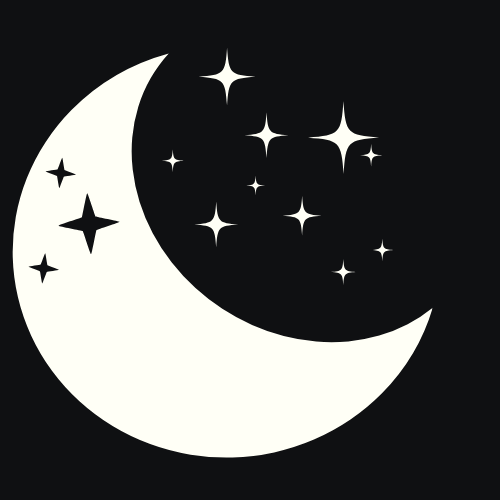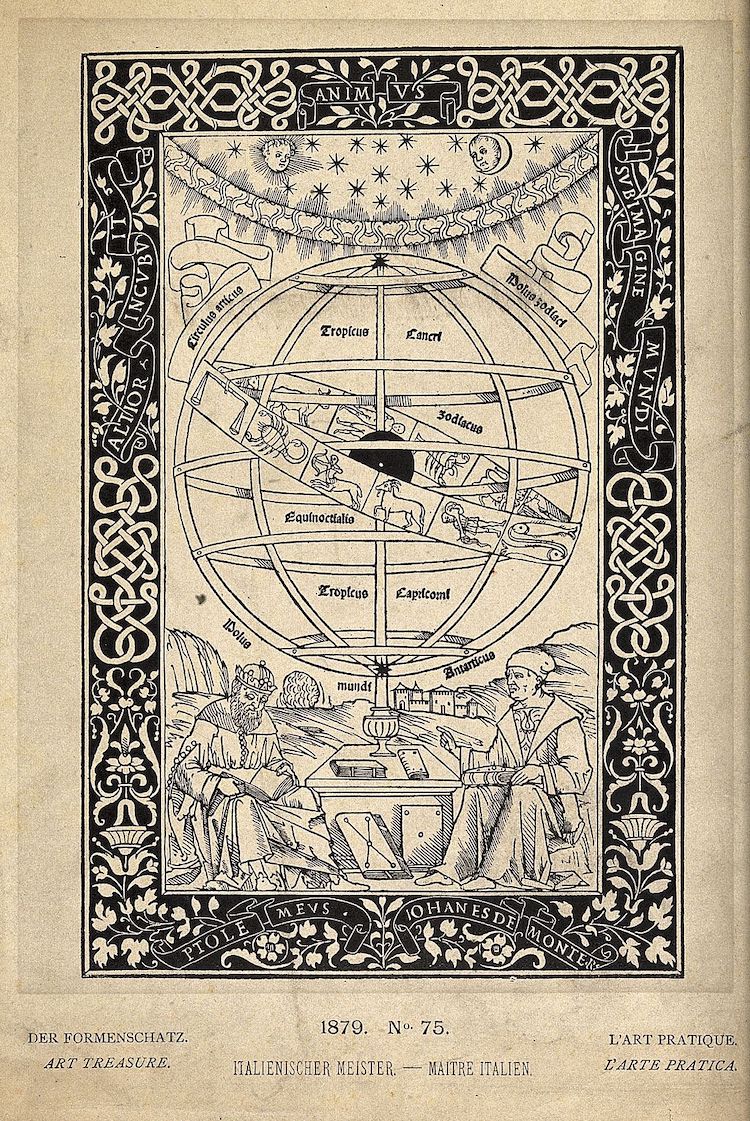Did you ever wonder where astrology came from? This ancient practice that has captivated civilizations for centuries has an intriguing origin story. Dating back to at least the 2nd millennium BCE, astrology was developed in the ancient Middle East and is believed to have originated in Mesopotamia, a region that is now modern-day Iraq. Through the study of celestial bodies and their alignment, ancient astrologers laid the foundation for this mystical art. Let’s take a journey back in time to uncover the roots of astrology and its place in human history.
Ancient Beginnings of Astrology
Mesopotamian Astrology
Mesopotamia, located in present-day Iraq, is considered the birthplace of astrology. The Mesopotamians were skilled astronomers and believed that celestial events held great significance in the lives of individuals and society as a whole. They developed a sophisticated system of astrology based on the observation of celestial bodies such as the Sun, Moon, and planets. Mesopotamian astrology focused on predicting events and offering guidance to individuals based on the positions and movements of these celestial bodies.
Egyptian Astrology
Egyptian astrology, while sharing some similarities with Mesopotamian astrology, had its unique characteristics. The ancient Egyptians associated various gods and goddesses with the celestial bodies and believed that these deities influenced human lives. The Egyptians developed a zodiac system based on the annual flooding of the Nile River, which played a vital role in their agriculture. Their astrology emphasized the connection between the gods, the pharaohs, and the destiny of the entire kingdom.
Greek Astrology
Greek astrology, heavily influenced by Mesopotamian and Egyptian astrology, flourished during the Hellenistic period. The ancient Greeks believed that the position of the stars and planets at the time of a person’s birth could reveal their character traits and future events. Greek philosophers, such as Plato and Aristotle, sought to merge astrology with their philosophical beliefs, contributing to its popularity. Astrologers like Ptolemy refined and systematized Greek astrology through works like the “Tetrabiblos.”
Chinese Astrology
China has a rich history of astrology that dates back over 2,000 years. Chinese astrology focused primarily on the study of the lunar calendar and its relationship with the five elements: Wood, Fire, Earth, Metal, and Water. The Chinese zodiac, comprising twelve animal signs, also played a significant role in Chinese astrology. These animal signs rotate in a twelve-year cycle, and each year is associated with particular animal traits and characteristics.
Indian Astrology
Known as “Jyotish” or the “Science of Light,” Indian astrology has its roots in ancient Vedic texts. Indian astrologers believe in the concept of karma and reincarnation, and astrology is considered a tool to understand the cosmic influence on an individual’s life. Indian astrology utilizes the position of celestial bodies at the time of birth to make predictions and offer guidance. Astrology in India encompasses various branches, including Vedic astrology, Nadi astrology, and KP astrology, each with its own unique techniques and practices.
Astrology in the Middle Ages
Persian Astrology
In the Middle Ages, Persian astrologers made significant contributions to the field of astrology. Persian astrology, also known as “Ilm al-Nujum,” combined influences from Mesopotamian, Greek, and Indian astrology. Persian astrologers sought to understand the relationship between celestial bodies and earthly events. They refined techniques such as horoscope casting, which involved calculating the positions of celestial bodies at the time of a person’s birth to make predictions about their life.
Arabic Astrology
Arabic astrology, influenced by Persian and Hellenistic traditions, became highly regarded during the Islamic Golden Age. Arabic astrologers produced numerous texts, translated and preserved works from other cultures, and invented new astrological techniques. Islamic scholars like Al-Kindi and Abu Ma’shar al-Balkhi contributed to the development of astrology in the Arab world. The House System, used to divide a birth chart into twelve houses, is one notable contribution of Arabic astrology.
European Astrology
Astrology in Europe during the Middle Ages was heavily influenced by the works of Arabic and Persian astrologers. European astrologers began incorporating newly translated texts and blending them with their own cultural beliefs. Christian influences also played a significant role, as astrology sought to align itself with religious doctrines. Prominent astrologers like William Lilly in England and Johannes Kepler in Germany made important contributions during this period.
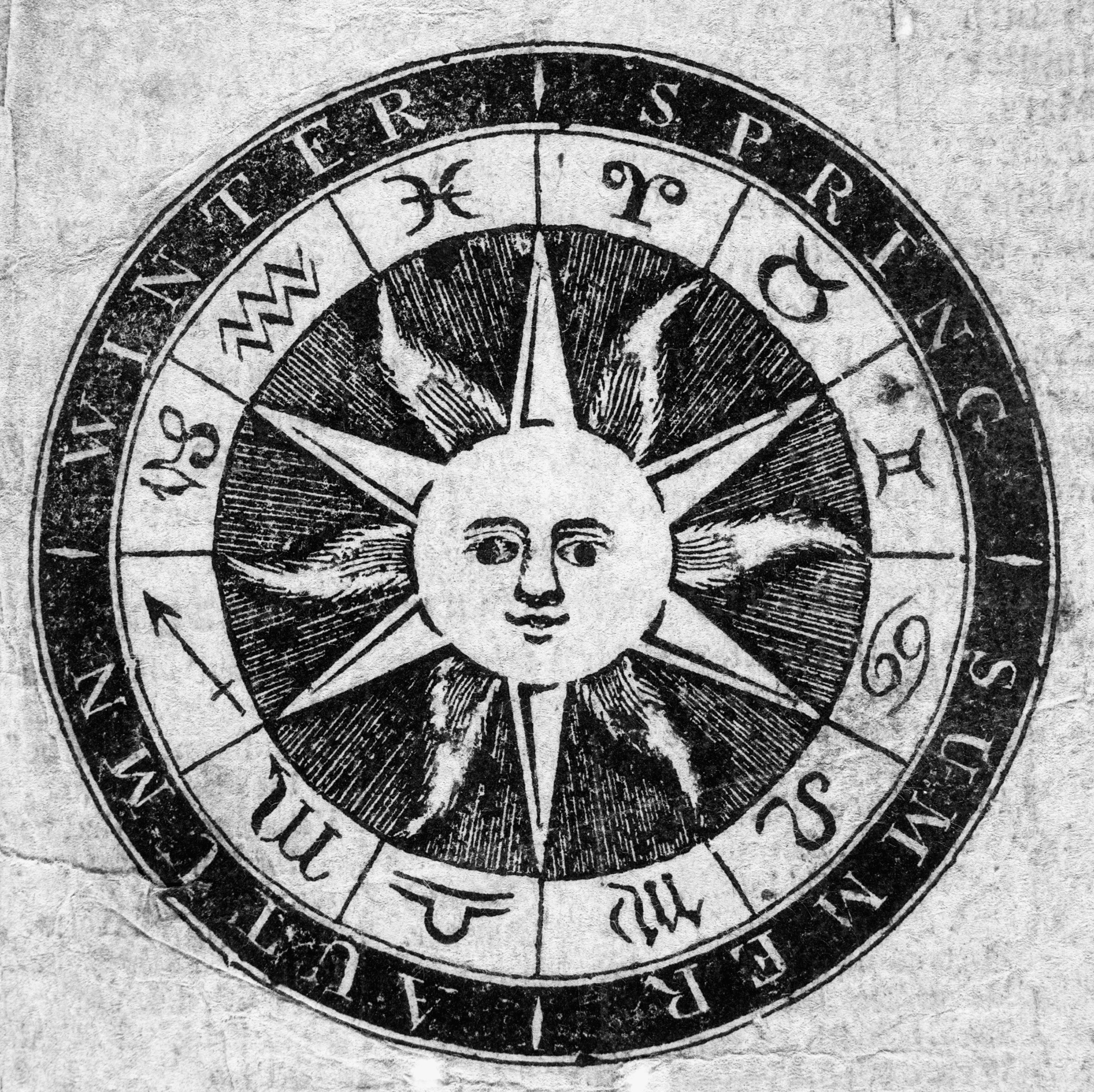
This image is property of api.time.com.
Astrology in Modern Times
Astrology in the Renaissance
The Renaissance period saw a resurgence of interest in astrology as scholars rediscovered ancient texts and wisdom. Astrology became popular among Renaissance thinkers and artists who sought to understand the interconnectedness of the cosmos and human existence. The works of astrologers like Marsilio Ficino and Girolamo Cardano revitalized astrology, placing it not only as a means of prediction but also as a tool for self-awareness and personal growth.
Astrology in the 20th Century
The twentieth century witnessed both the revival and criticism of astrology. Despite advancements in science, astrology continued to captivate public interest. The works of influential astrologers such as Evangeline Adams and Dane Rudhyar garnered attention and expanded the practice’s popularity. However, astrology also faced criticism from skeptics who dismissed it as superstition and pseudoscience. This period marked the emergence of scientific astrology, attempting to integrate astrology with scientific principles.
Astrology Today
In the twenty-first century, astrology remains a prevalent cultural and personal practice. Technology has given astrology a global reach, with people accessing birth charts, horoscopes, and astrological advice online. The practice has diversified, with different branches of astrology offering specific insights into various aspects of life. From relationship compatibility to career guidance, astrology continues to provide individuals with a unique lens through which to understand themselves and the world around them.
Astrological Influences on Different Cultures
Astrology in the Americas
Native American tribes developed their own unique astrological systems based on their understanding of the natural world. Tribes such as the Cherokee, Lakota, and Hopi observed celestial events and associated them with the cycles of nature, agricultural practices, and cultural ceremonies. Astrology played a vital role in Native American spirituality, guiding decisions related to agriculture, hunting, and communal well-being.
Astrology in Africa
Africa boasts a rich astrological heritage that has been deeply intertwined with indigenous spiritual practices. Astrology in Africa varies across different regions and tribes, with each having its own distinct traditions and celestial interpretations. Astrology is closely linked to divination in African cultures, where astrologers, known as diviners, use celestial observations to provide guidance and predict future events.
Astrology in Asia
Asian astrology encompasses various cultural traditions, each with its unique methods and beliefs. Chinese astrology, based on the lunar calendar and the Chinese zodiac, is widely practiced in China and other East Asian countries. Indian astrology, with its roots in Vedic texts, is prevalent throughout South Asia. Additionally, countries such as Japan, Korea, and Thailand also have their own astrological systems that have evolved alongside their respective cultural beliefs.
Astrology in Europe
Astrology has had a profound influence on European culture throughout history. During the Renaissance, astrology was embraced by intellectuals and artists who integrated astrological symbolism into their works. Today, astrology remains popular in many European countries, with horoscope columns in newspapers and a thriving community of astrologers and enthusiasts.
Astrology in the Middle East
The Middle East has a long-standing tradition of astrology, deeply rooted in its ancient civilizations. Arabic astrology played a fundamental role in preserving and translating astrological texts during the Islamic Golden Age. Astrologers in the Middle East have blended influences from various regions, resulting in rich and diverse astrological practices. Today, astrology continues to be embraced in the Middle East, with many individuals seeking astrological guidance in their daily lives.
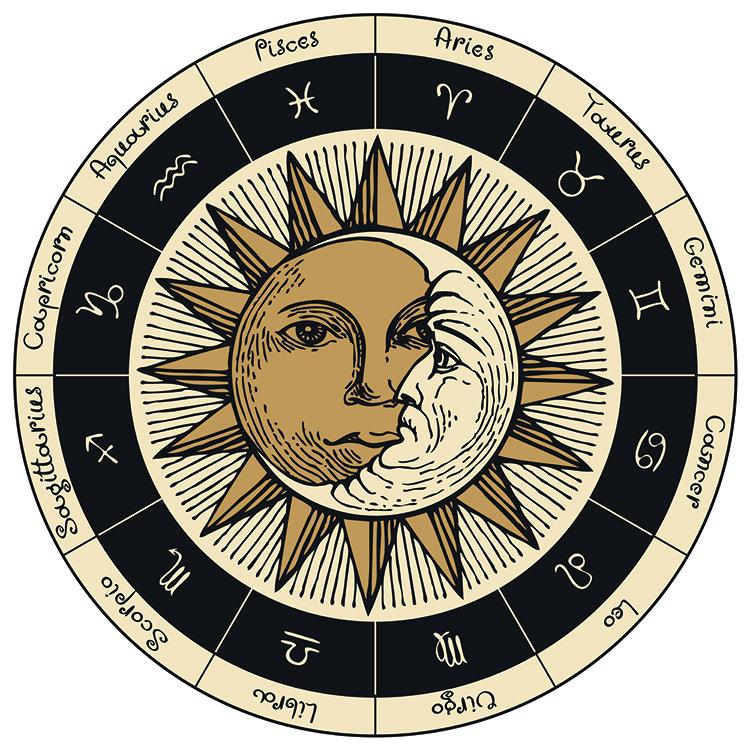
This image is property of mymodernmet.com.
The Role of Astrology in Society
Astrology as a Science
Throughout history, astrology has been viewed as both an art and a science. Ancient civilizations regarded astrology as a science, believing that celestial events influenced human affairs. Astrology was technically studied and practiced, with complex mathematical calculations and observations. Even today, some astrologers strive to integrate scientific principles into their practice, presenting astrology as a discipline that can be studied and understood systematically.
Astrology as Pseudoscience
In modern times, astrology has faced criticism from scientists and skeptics who view it as a pseudoscience. Criticisms range from the lack of empirical evidence to the subjective nature of astrological interpretations. Skeptics argue that astrology relies on generalizations that can apply to anyone, making it devoid of scientific validity. Despite this criticism, astrology continues to attract millions of believers who find value and meaning in its principles.
Astrology in Religions
Astrology has often intersected with various religious traditions throughout history. In ancient times, astrology played a central role in religious ceremonies and rituals, especially in civilizations like Mesopotamia and Egypt. In some religions today, such as Hinduism, astrology is considered a sacred practice. However, other religions, such as Christianity and Islam, have had complex relationships with astrology, with some adherents embracing it while others reject it as incompatible with their faith.
Astrology and Personal Beliefs
Astrology holds different meanings and significance for individuals, often shaping their personal beliefs and choices. Some people turn to astrology for guidance in decision-making, seeking insight into their relationships, careers, and personal growth. Others see astrology as a source of self-reflection and self-awareness, using birth charts and horoscopes as tools for understanding their strengths, weaknesses, and life’s purpose. Ultimately, astrology’s role in society is deeply influenced by individuals’ personal beliefs and experiences.
Different Astrological Practices
Natal Astrology
Natal astrology, also known as birth astrology, focuses on analyzing and interpreting an individual’s birth chart. A birth chart is a snapshot of the position of celestial bodies at the time of a person’s birth. Natal astrologers use these positions to gain insight into an individual’s character traits, talents, strengths, and potential challenges. It is a widely practiced form of astrology, providing individuals with a unique perspective on their lives and guiding their personal development.
Horary Astrology
Horary astrology is a branch of astrology that seeks to answer specific questions or concerns through the casting of a horary chart. An astrologer uses the time when a question is asked to construct a horary chart and interpret it to provide answers. This form of astrology is often used for immediate practical matters and decisions, providing individuals with guidance about relationships, career choices, or other pressing concerns.
Mundane Astrology
Mundane astrology is concerned with predicting and analyzing global events, such as political shifts, natural disasters, and economic trends. Astrologers utilize techniques such as studying the ingress of celestial bodies into zodiac signs, eclipses, and planetary alignments to gain insight into larger-scale phenomena and their potential impact on society. Mundane astrology offers perspectives on historical and contemporary events, contributing to a broader understanding of the interconnectedness of celestial and worldly affairs.
Medical Astrology
Medical astrology operates on the belief that there is a connection between celestial bodies and human health. Astrologers use birth charts and planetary transits to assess potential health vulnerabilities and make predictions about an individual’s well-being. Medical astrology can offer insights into the root causes of health issues and guide individuals towards holistic approaches to improving their physical and mental wellness.
Astrology in Daily Life
Astrology is often integrated into daily life through the reading of horoscopes, both in traditional print media and online platforms. Horoscopes provide daily, weekly, or monthly predictions and advice based on zodiac signs. Many individuals find comfort and guidance in these snippets of astrological insight, using them to navigate their day-to-day experiences and make decisions.
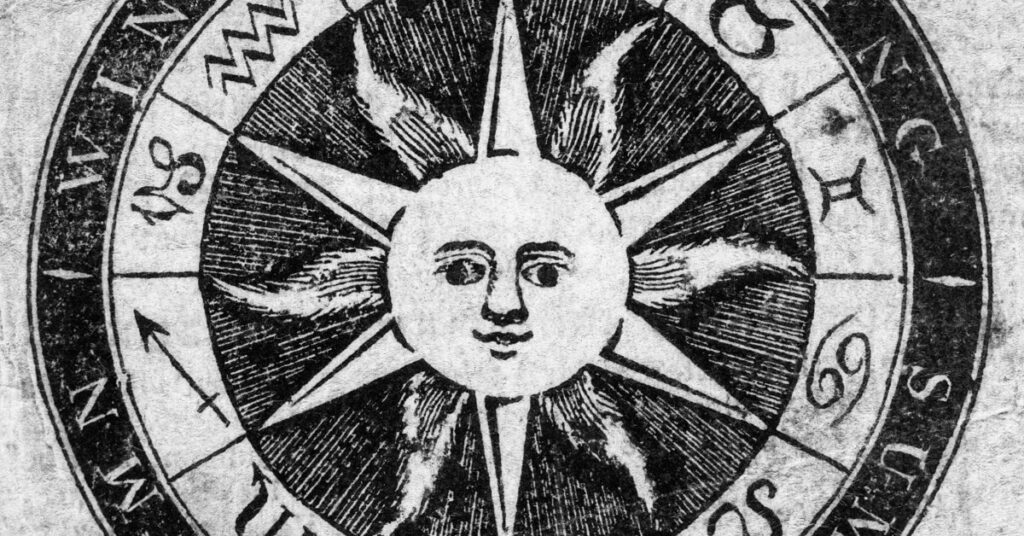
This image is property of api.time.com.
Astrology and Astronomy
Ancient Connection
Astrology and astronomy were once intertwined, with early astronomers using observations of celestial bodies for astrological purposes. In ancient civilizations, astronomers maintained records of celestial events and used them to predict future events and interpret divine messages. Astrology and astronomy were seen as complementary disciplines, both seeking to understand the mysteries of the cosmos.
Divergence and Conflict
As scientific knowledge advanced, astrology and astronomy slowly diverged. Astronomy evolved into a rigorous scientific discipline, focused on studying celestial objects and their physical properties. Astrology, on the other hand, began to rely more on interpretation and divination, often deviating from empirical observation. This divergence led to conflicts between astrologers and astronomers, as the scientific community sought to distance itself from what it perceived as a pseudoscience.
Astronomy’s Influence on Astrology
Despite the growing divide, astronomy continued to influence astrology in various ways. Advances in observational techniques and astronomical discoveries expanded astrologers’ knowledge of celestial bodies and their movements. These new discoveries were incorporated into astrological practices, enriching the field and allowing for more accurate calculations and predictions.
Astrology’s Impact on Astronomy
While astrology’s impact on astronomy is less direct, it has played a role in shaping public perception and interest in the field. Astrology has captivated the public’s imagination throughout history, drawing people’s attention to the wonders of the night sky and celestial bodies. This fascination has, in turn, contributed to the popularity of astronomy and fueled public support for astronomical research and exploration.
Astrological Tools and Techniques
Zodiac Signs
The twelve zodiac signs are a fundamental aspect of astrology. Each zodiac sign is associated with specific character traits and qualities, influenced by the position of the Sun during the time of birth. Astrologers interpret the zodiac signs to understand an individual’s general behavior, motivations, and potential challenges. The zodiac signs are frequently used as a starting point for analyzing birth charts and making astrological predictions.
Planets and Celestial Bodies
Astrologers analyze the positions and movements of various celestial bodies, including planets, asteroids, and the Moon. Each celestial body is believed to have a unique influence on an individual’s personality traits and life events. For example, Mercury is associated with communication and intellectual pursuits, while Mars symbolizes energy, passion, and aggression. Astrologers consider these celestial bodies to gain insight into different aspects of an individual’s life.
Aspects and Transits
Astrologers consider the relationships between celestial bodies through aspects and transits. Aspects refer to the angular connections formed between planets, indicating harmonious or challenging interactions. Transits, on the other hand, involve the current positions of celestial bodies in relation to an individual’s birth chart, highlighting potential trends and events in their lives. Astrologers analyze these aspects and transits to make predictions about various life areas, such as relationships, career, and personal growth.
Horoscopes and Birth Charts
Horoscopes and birth charts provide a detailed map of the positions of celestial bodies at the time of a person’s birth. Horoscopes offer general predictions and advice based on an individual’s Sun sign or other astrological factors. Birth charts, on the other hand, provide a comprehensive analysis of an individual’s unique astrological makeup by considering the positions of all the major celestial bodies at the time of birth. Birth charts are invaluable tools for astrologers to gain deep insights into an individual’s personality, potential, and life journey.
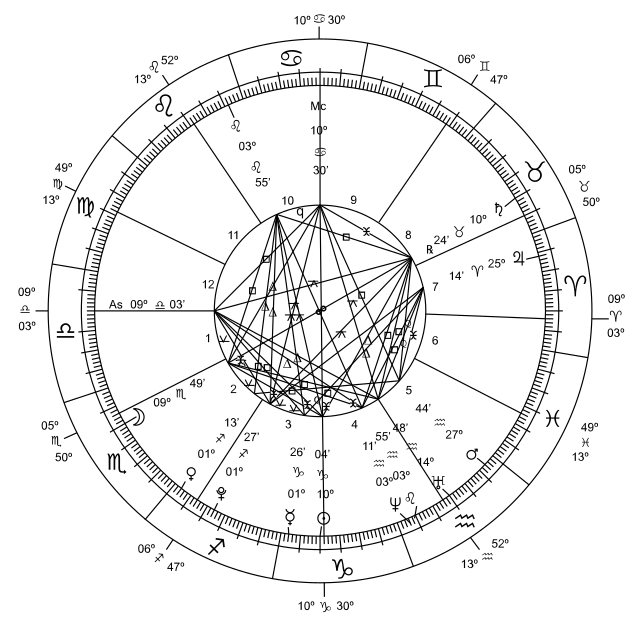
This image is property of upload.wikimedia.org.
Famous Astrologers and Astrological Texts
Ptolemy and the Tetrabiblos
Claudius Ptolemy, a Greek scholar, is known for his influential work “Tetrabiblos.” Written in the 2nd century, the Tetrabiblos became a cornerstone in Western astrology, outlining the fundamental principles and techniques of astrology. Ptolemy’s work delved into the influence of celestial bodies, aspects, and planetary positions on human affairs, earning him a reputation as one of the most influential astrologers in history.
William Lilly and Christian Astrology
William Lilly, a 17th-century English astrologer, is renowned for his work “Christian Astrology.” Lilly’s writings sought to integrate astrology with Christian theology, working to align astrological principles with religious beliefs. His book provided detailed instructions on reading birth charts, making predictions, and analyzing astrological influences. Lilly’s emphasis on ethics and moral accountability within astrology set the stage for the development of astrology in Europe.
Nostradamus and Prophecies
Michel de Nostredame, better known as Nostradamus, was a 16th-century French astrologer and physician. Famous for his prophecies and predictions, Nostradamus used astrology as a tool for divination. His book “Les Prophéties” gained widespread attention and sparked debate regarding the accuracy and interpretation of his cryptic verses. Nostradamus’s enigmatic writings continue to intrigue and inspire curiosity to this day.
Carl Jung and Psychological Astrology
While primarily known for his contributions to psychology, Carl Jung also explored the intersection of astrology and psychology. Jung believed that astrology could provide valuable insights into an individual’s psyche and unconscious motivations. He saw astrology as a symbolic language that reflected universal archetypes, offering a framework for understanding human behavior and the collective unconscious. Jung’s exploration of psychological astrology has influenced many modern astrologers.
Conclusion
Astrology, with its ancient origins and diverse cultural influences, continues to shape our understanding of ourselves and the world around us. From the ancient civilizations of Mesopotamia to modern-day practices, astrology has evolved and adapted, remaining a significant force in society. Despite differing perspectives on its validity, astrology continues to captivate individuals and offer guidance, making it a fascinating and enduring facet of human culture. Whether as a scientific discipline, a pseudoscience, or a matter of personal belief, astrology will likely continue to influence and inspire people for generations to come.
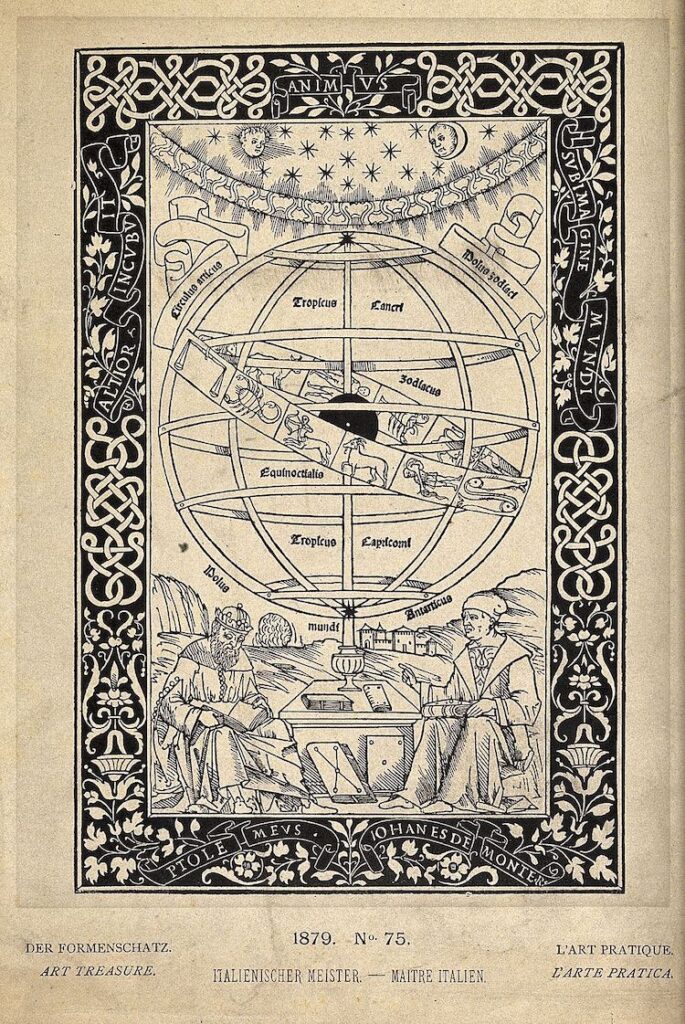
This image is property of mymodernmet.com.
